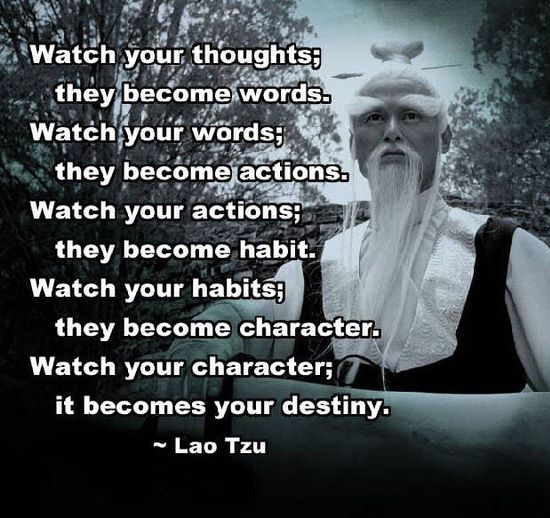The Solution For Social Media Spam Bots Is Already Here
The right of free speech should not be confused with an obligation for privately owned enterprises to allow spamming and spoofing under the guise of free speech.
The problem of bots on Twitter is in the news. This is of course a problem in all social media: fake accounts, spamming accounts, spoofing (expropriating your identity) accounts, and so on, all courtesy of anonymous account creation.
The solution to the tsunami of social-media bots is already here and already in use. It's known as identity verification.
For a preview of how this works, try updating your out-of-date AirBnB account. I just did this, and found that the identity verification process is rigorous:
- Solve 20 puzzles--yes, 20--to prove you're not a bot.
- Upload photos of a current government ID (driver's license, passport, etc.)
- Take a selfie which the software compares to your government ID photo.
- Verify your mobile phone number and email address.
- Verify your credit card.
Wouldn't this process eliminate virtually all bots and spam/spoof accounts? It would take quite a lot of effort to gin up a fake government ID, and even then the other links to the spammer would have to verify: email, mobile phone, and credit card (which has a physical billing address attached).
In other words, simply eliminating anonymous accounts and verifying identity would eliminate the spam bot / fake account issues.
Some will claim that eliminating anonymous social-media accounts is an infringement of free speech, but free speech would not be impaired by identity verification. Everyone would still be free to assemble in public places, hand out leaflets on street corners, set up a server, and post content anonymously on the Web on their own web page, etc.
I have long argued that social media is a new type of public utility and should be regulated as such. I've made the case in a number of essays:
Facebook Is a Utility Which Can't Charge Its Users (July 22, 2010)
How Much of our Discord Is the Result of the "Engagement" Advert Revenue Model of Social Media? (October 24, 2017)
Should Facebook, Google and Twitter Be Public Utilities? (March 5, 2018)
Is Profit-Maximizing Data-Mining Undermining Democracy? (March 19, 2018)
If social media were understood as a public utility, then identity verification would be understood as serving the public interest and common good. Note the difference between the Web, a global network of servers, and a privately-owned social media corporation. Regulating privately-owned social media corporations wouldn't limit anyone's access to the Web. Requiring identity verification on social media would simply connect an individual's speech acts with their real-world identity.
Those who want to publish content and speech acts on the Web anonymously are free to do so, just as they are free to assemble, free to publish, and distribute leaflets, etc.
In other words, we have to differentiate freedom of speech from freedom to spam, spoof, etc. on privately-owned social media sites. Is robocalling protected as a "right" granted by the Bill of Rights' clause on free speech? No. Neither is spamming, spoofing, etc. on social media sites.
Privately owned and operated enterprises are not obligated by the Bill of Rights to publish whatever content someone submits, any more than a privately owned and operated newspaper is obligated to publish every letter to the editor submitted by readers.
The right of free speech should not be confused with an imagined obligation for privately owned enterprises to allow spamming and spoofing under the guise of free speech. The confusion benefits spammers and spoofers, but not the public interest or the common good.
Social media corporations' revenues may well drop once all the fake spammer/spoofing accounts are deleted. To the degree the accounts were fraudulent, so too were the social media corporations' profits gained from hosting spammer/spoofing accounts.

Disclosures: None.



